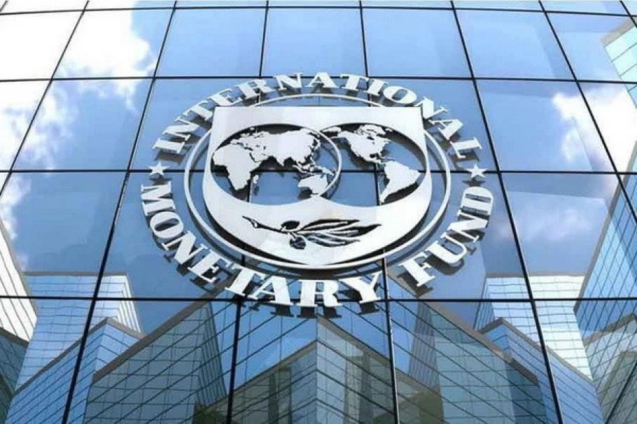The International Monetary Fund (IMF) has maintained that the restructuring of Ghana debts will be dependent on the outcome of the World Bank/IMF Debt Sustainability Analysis (DSA) Report.
The IMF argues that the report will influence how Ghana’s debt restructuring should be carried out and which areas will be affected.
The Fund maintains that “the DSA report will also help identify the areas that the restructuring will affect. Whether it will be domestic debt or the foreign components of the country’s debt”.
Speaking at a News Conference in Washington DC, Director of Communications with the IMF, Gerry Rice noted that the Fund will review data from Ghana.
Mr. Rice noted that “when a country requests financing from the IMF, we assess whether the country’s policies are consistent with debt sustainability as one of our requirements”.
“We still need to conduct a thorough update of the debt situation in Ghana through our Debt Sustainability Analysis,” he added.
“The last, I don’t know if it’s useful, I have here the last DSA, Debt Sustainability Analysis. We published this as part of the 2021 Article IV Staff Report with Ghana. It said public debt was a sustainable conditional on a rigorous and credible implementation of the authority’s medium term consolidation plan to put debt on a declining trajectory and ensure continued market access,” Mr. Rice stressed.
What is the World Bank/IMF Debt Sustainability Report?
The World Bank Group and the IMF work with low-income countries to produce regular Debt Sustainability Analyses, which are structured examinations of developing country debt based on the Debt Sustainability Framework.
The two institutions use this framework to guide the borrowing decisions of low-income countries in a way that balances their financing needs with their ability to repay—both in the present and in the future.
The area of work has three goals which ensure that countries that have received debt relief are on a sustainable development track as well as allow creditors to better anticipate future risks and tailor their financing terms accordingly.
The goal also helps client countries to balance their needs for funds with the ability to repay their debts.
IMF and Ghana’s Debt Situation
Ghana Debt Stock is said to have reached 393 billion Ghana cedi by June 2022.
The IMF in its last debt sustainability report classified Ghana as High Risk of Debt Distress.
Ghana’s programme will be heavily focused on how to contain the country’s debt situation going forward.
Latest Stories
-
Afenyo-Markin challenges Ahiafor’s sub judice ruling, calls it ‘dangerous precedent’
57 minutes -
Mahama instructs Armed Forces to escort all vehicles in Bawku area
1 hour -
African artists, global awards, and the fight for visibility
1 hour -
This Saturday on Newsfile: GRNMA strike, ORAL probe into NSA, shut down of 64 radio stations
2 hours -
19 arrested in raid on drug and robbery dens at Kasoa Dominase, Onion Market
2 hours -
Luv FM High Schools Debate heats up as top schools advance to Round of 16
2 hours -
Asantehene urges chiefs to offer lands as equity for farming
3 hours -
GhanaFest Alberta 2025 launch ignites diaspora business momentum
3 hours -
22-year-old hearing-impaired man allegedly dies by suicide after rape accusation
3 hours -
CAETE 2025: MDF seals 10k jobs deal with China’s Yixintai Group
3 hours -
Climate Change: AGN Chair emphasises importance of Africa’s unity in global negotiations
4 hours -
TV stations risk prosecution over pirated content – Copyright Office warns
4 hours -
Anointed Engineering donates ‘Borla Macho III’ tricycle to support sanitation drive in Accra
4 hours -
CLOGSAG threatens strike in 2 weeks over delayed conditions of service
4 hours -
Resolve energy issues, don’t burden Ghanaians with new taxes – Tax Analyst
4 hours

